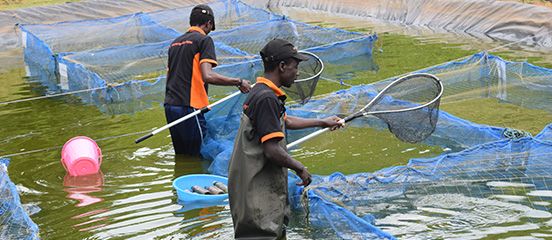
The cost of farming in Ghana can vary widely depending on several factors, including the type of crops or livestock you plan to cultivate, the size of your farm, the location, and the specific practices and inputs you use.
Small-scale farming might require a few hundred to a few thousand cedis, while larger operations could need tens of thousands or more. It's essential to create a detailed business plan to estimate your specific costs based on your farming goals and resources.
Here are some considerations:
- Land cost: The cost of acquiring or leasing land can vary depending on the region and fertility of the soil. Prices may range from a few hundred to several thousand Ghanaian cedis per acre.
- Inputs: This includes seeds, fertilizers, pesticides, and herbicides. The cost of inputs can vary depending on the type of crops you are growing and the scale of your operation.
- Labour: Labor costs will depend on whether you hire permanent or seasonal workers. The wages will also vary based on the type of work and location.
- Machinery and equipment: If you use machinery for plowing, planting, harvesting, etc., you'll need to consider the cost of purchasing or renting these machines.
- Irrigation: If your farm requires irrigation, you'll need to factor in the cost of the irrigation system.
- Storage and processing facilities: Depending on the type of crops you grow, you may need storage facilities and processing equipment.
- Transportation: Consider the cost of transporting your produce to the market.
- Infrastructure: Building and maintaining infrastructure on the farm, such as roads, fences, and buildings, can add to the overall cost.
- Training and education: Investing in knowledge and training for yourself and your workers is important for the success of your farm.
It's essential to create a detailed budget and business plan to estimate the specific costs for your farming venture.
Keep in mind that the cost of farming can vary from year to year and is subject to economic conditions, weather patterns, and other factors.
It's advisable to conduct thorough research and consult with local agricultural experts or extension services to get accurate and up-to-date information for your specific circumstances.
Cultivating an acre of land for maize production in 2021 cost about GH¢1007, however, cultivating the same piece of land in 2022 amounted to GH¢3,300, and the cost comprises fertilizer, weedicide, labour, harvesting, among others.
The cost could go up because costs are still going up every day.
For example, poultry farming is one of the most lucrative businesses, and you do not necessarily need a high-level formal education to venture into it.
However, some farmers do not understand the financial implications of the business they want to start, which can be disastrous.
Poultry farming
Poultry farming involves rearing domestic birds like chickens, ducks, guinea fowls, and turkeys.
It is estimated that a 200-bird layer farm will cost you at least GH¢81,250 for the first 8 months if you do not already own land. However, if you already have land, then GH¢41,250 could be enough.
When an individual living in Ghana, and wants to go into poultry, 200-layer chicks are good to begin with.
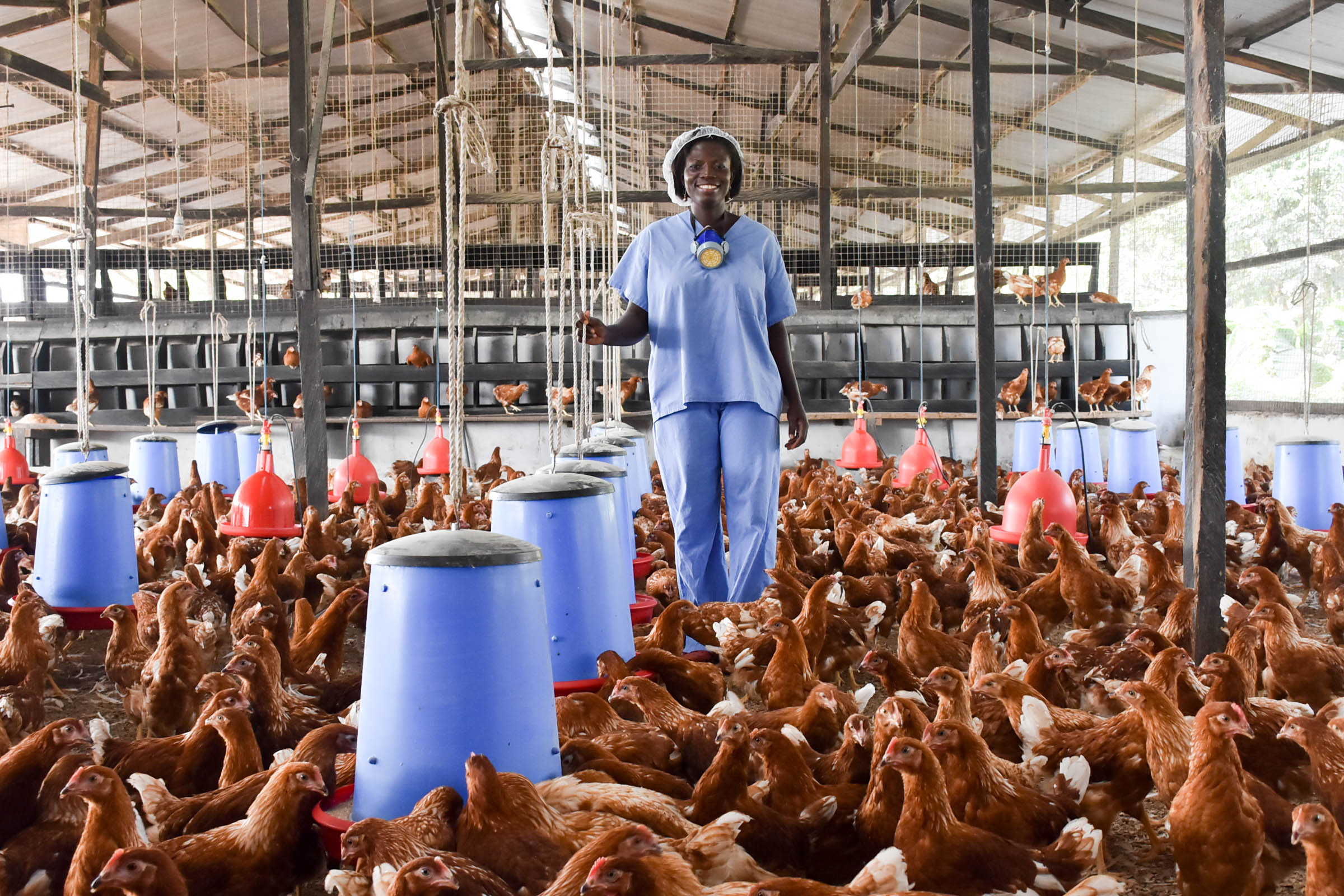
The structure for a 200-bird capacity farm may cost around GH¢12,000 if the deep litter system is used.
A 200-bird capacity layer cage would probably set you back in the region of GH¢5,000.
It is estimated that 200 layers will consume not less than 3,000 kg of feed in the first 8 months of their life so that will cost you around GH¢21,000.
Crop farming
The amount needed for crop farming can vary widely depending on several factors, including the type of crop, the scale of the operation, the location, and the specific practices employed.
But overall, it's essential for farmers to create a detailed budget that takes into account all of these factors to determine the overall cost of crop farming.
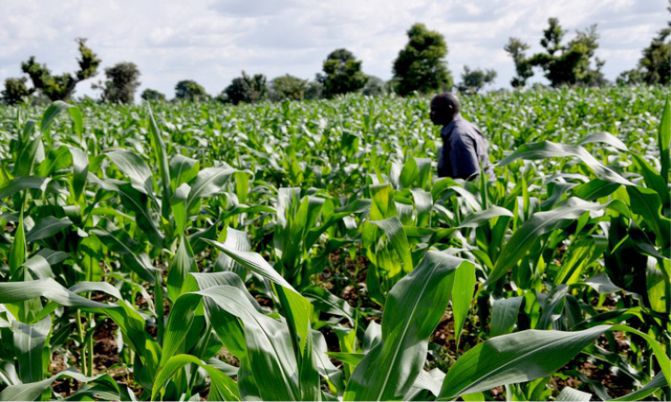
Fish farming
Fish farming in Ghana is one of the fastest-growing sectors in the agriculture and farming sector. Catfish and Tilapia fish farming is one of the most common farms in Ghana.
The cost of fish farming in Ghana can vary widely depending on several factors, including the scale of the operation, the type of fish being farmed, the location, and the technology and equipment used.
- Infrastructure and pond construction: Building fish ponds is a significant cost in fish farming. The size and type of pond, as well as the quality of construction materials, will affect the overall cost.
- Water supply: Access to a reliable and sustainable water supply is crucial for fish farming. Costs may include drilling wells, installing pumps, and water distribution systems.
- Fish stock: The cost of acquiring fingerlings or juvenile fish depends on the species you choose to farm. Different species have varying growth rates and market values.
- Feeds: The cost of fish feed is a significant recurring expense. The type of feed, its nutritional content, and the feeding regime will influence costs.
- Labour: Labor costs include the wages of farm workers involved in daily operations, such as feeding, pond maintenance, and harvesting.
- Veterinary care: Health management is essential in fish farming. Expenses may include vaccines, medications, and the services of a veterinarian.
- Equipment and technology: Depending on the scale of the operation, you may need equipment such as aerators, nets, and water quality monitoring devices. Advanced technology, like automated feeding systems, may also be considered.

Farmers' Day
Farmers' Day is a day set aside to honour and appreciate the contributions of farmers to society.
The purpose of the celebration is to recognize the hard work, dedication, and importance of farmers in providing food and sustaining communities.
Read Full Story
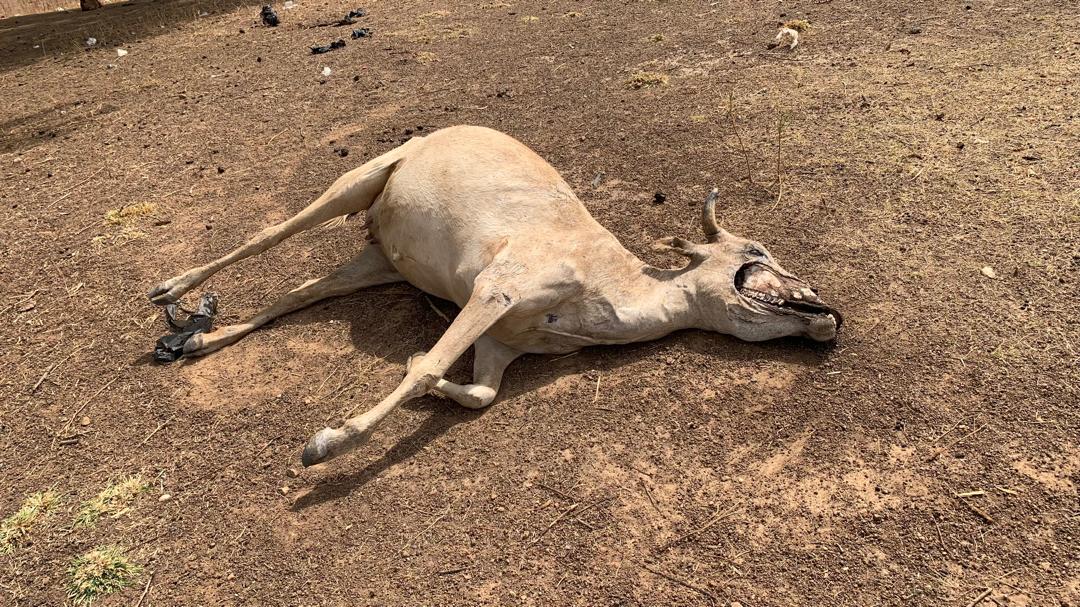


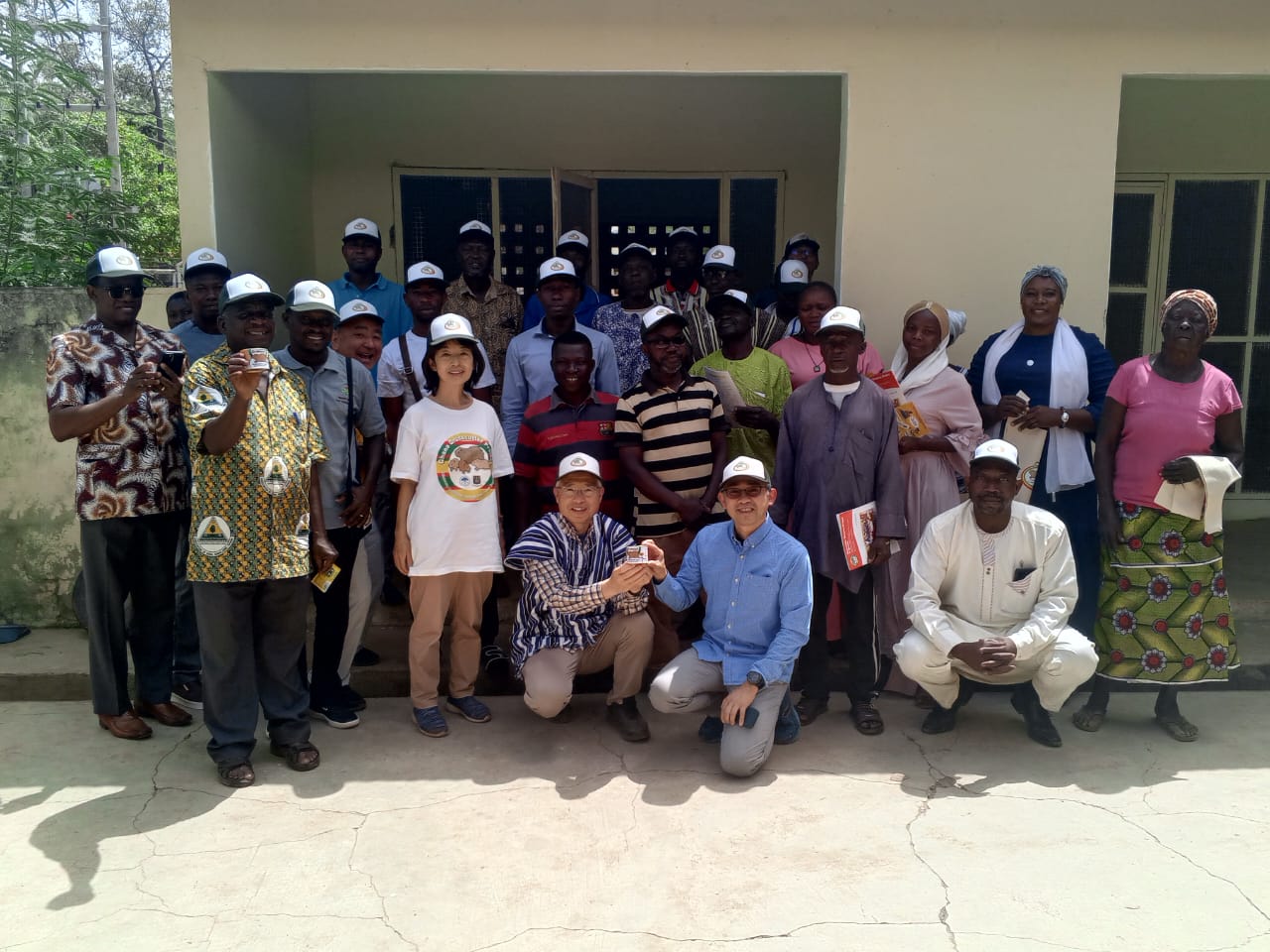
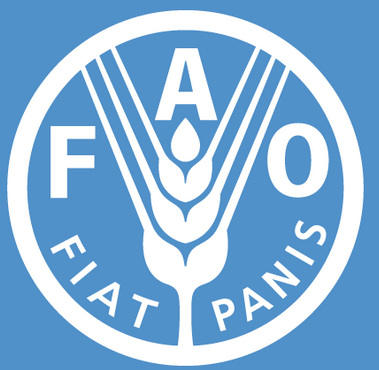

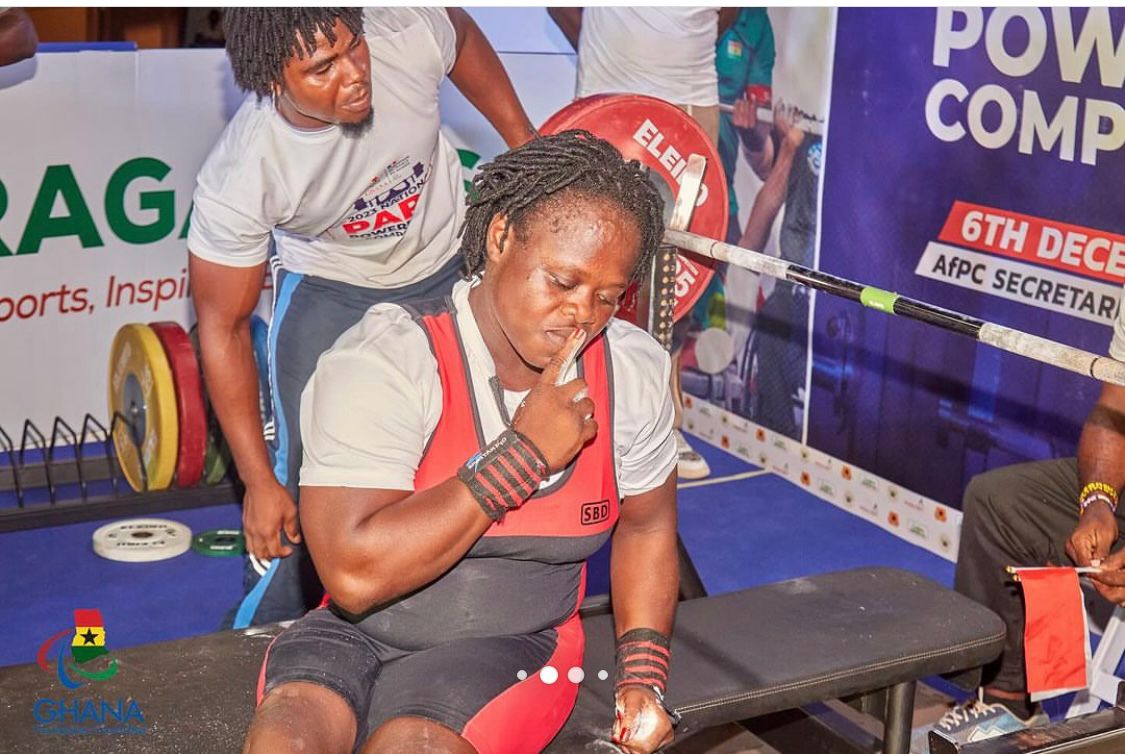




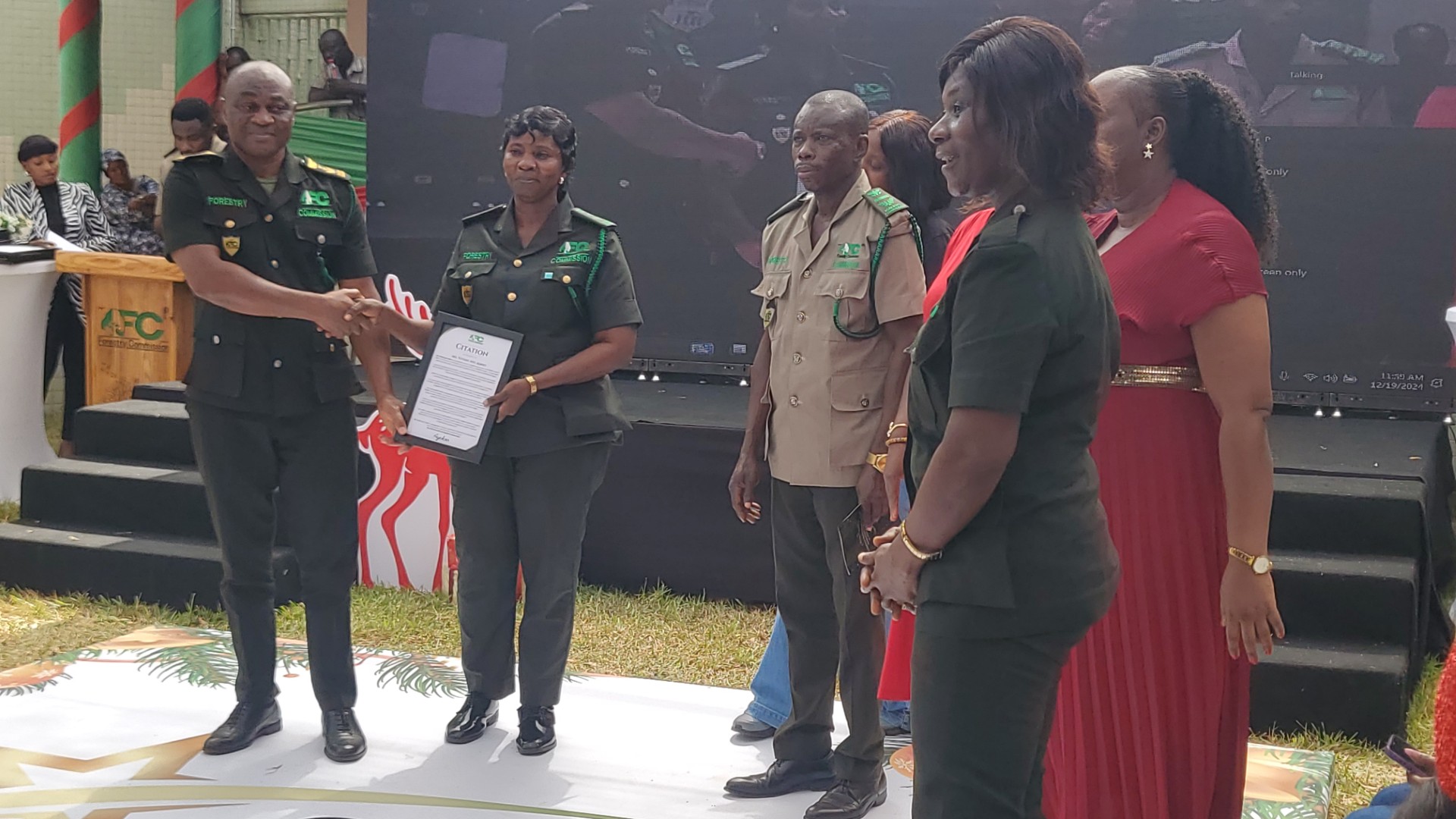
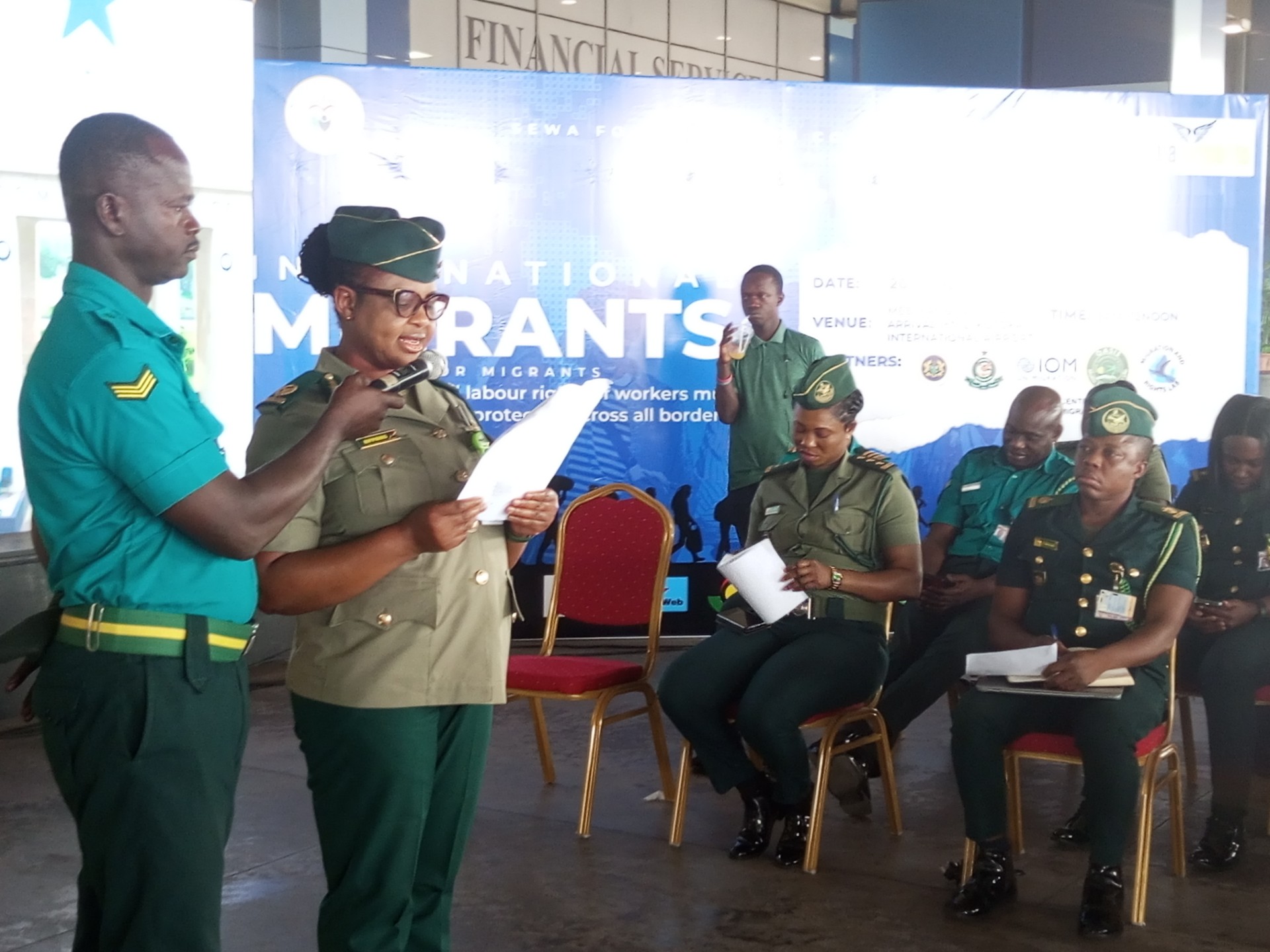






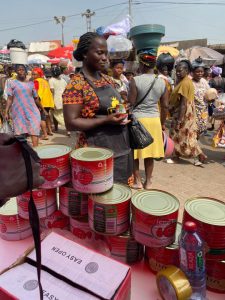


Facebook
Twitter
Pinterest
Instagram
Google+
YouTube
LinkedIn
RSS